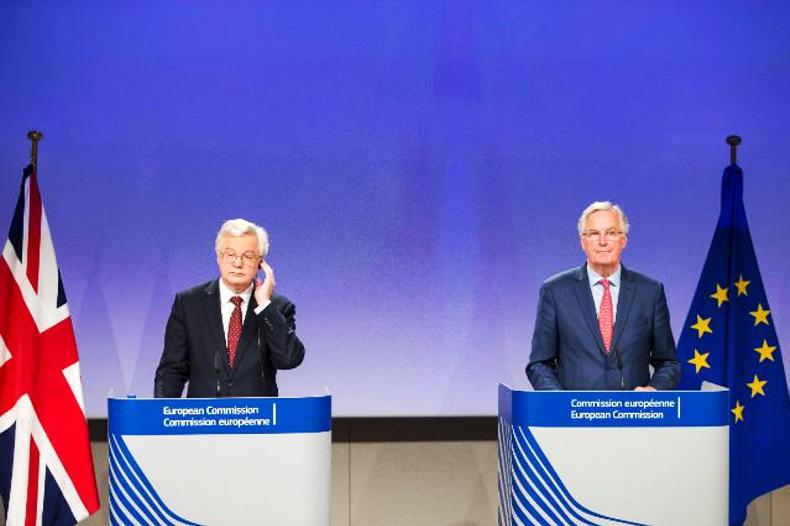The robust exchanges between London and Brussels this week suggest there is more that divides on a Brexit deal than unites. The latest problem is caused by the move to put into legal form the political agreement reached at the beginning of December which allowed negotiations move on to the second phase.
The core issue is the avoidance of detail in the deeply divided UK government on the type of post-Brexit deal it wants with the EU. When this meets the equally forceful EU position that demands precision where the UK government wants to sustain ambiguity, then a flash point becomes inevitable.
One view is that despite the rhetoric about the UK leaving the customs union, a new form of words would be cobbled together that would essentially mean the same thing
Even before moving on to the substantive issue of what a future relationship between the EU and the UK will look like, difficulties have arisen over the potential transition agreement. There is division in what status will be afforded EU nationals who arrive in the UK during the transition period, the position of the UK accepting new EU laws during this period and if the UK can participate in new justice and home affairs policies in this interim period.
Customs union
The big issue coming to a head is what the UK position will be on the customs union. One view is that despite the rhetoric about the UK leaving the customs union, a new form of words would be cobbled together that would essentially mean the same thing. That infuriated those in the UK who support the complete separation of the UK from the EU, and the opportunity to trade as it likes and make whatever deals it can with third-party countries.
Pre-Christmas deal
In the pre-Christmas agreement on phase one, it seemed that the UK had accepted that the ultimate default position would be continued UK alignment with EU standards. That is becoming less certain, however, and the EU has now upped the ante and brought the Irish border back in to play. Brussels said this week that Northern Ireland would have to remain part of the customs union post-Brexit to avoid a hard border.
Unfortunately, for farmers either side of the border, that is of no particular benefit. The main destination for sales of agricultural products from either part of Ireland is to Britain. Therefore, free movement of sheep from north to south or milk for processing is fine, but the destination of the processed goods is Britain.
Free movent of goods on the island of Ireland is only part of the solution to the Brexit issue and agriculture. It is access to the British market that makes the jigsaw complete and any divergence from the status quo undermines this to the cost of farmers in particular.
Currency impact
On Thursday of this week, sterling strengthened by 1p against the euro on the back of indications from the Bank of England that interest rate increases were on their way. Strengthening of sterling would of course benefit sales to the UK from the eurozone, while farmers in the north would lose the benefit they gained from sterling weakening in the aftermath of the Brexit vote.






 This is a subscriber-only article
This is a subscriber-only article










SHARING OPTIONS: